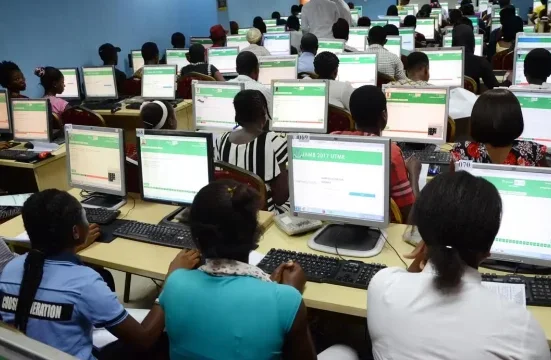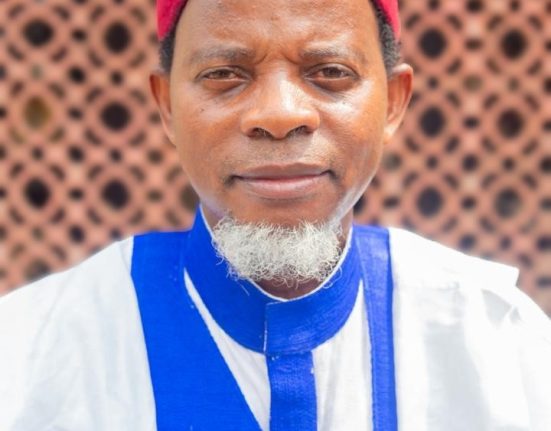A Muslim teenager, Lawal Hameedat Adenike, has dragged the Joint Admissions and Matriculation Board (JAMB) and the PEFTI Computer-Based Test (CBT) Centre to court over an incident in which she was reportedly compelled to remove her hijab before being allowed to sit for the 2025 Unified Tertiary Matriculation Examination (UTME). The case, which has stirred public concern over religious freedom and student rights, was filed on her behalf by her mother, Mrs. Basirat Ojo, and supported by her legal representative, Barrister Qousim Opakunle.
Narrating the ordeal during a press briefing in Abuja on Friday, the mother of the 17-year-old candidate expressed deep concern over the treatment her daughter received on April 25, 2025, at the PEFTI CBT Centre located in Ibadan, Oyo State. According to Mrs. Ojo, her daughter was instructed by officials at the centre to remove her hijab as a condition for participating in the national examination. She described the incident as not only discriminatory but emotionally traumatic for the young candidate, who was simply exercising her right to religious expression.
“My daughter was publicly embarrassed and made to feel ashamed of her faith,” Mrs. Ojo lamented. “She was told that unless she removed her hijab, she would not be allowed to write the exam. As a mother, I couldn’t stand by and do nothing. This action was a violation of her fundamental rights, and we are pursuing justice through the legal system.”
The lawsuit filed seeks multiple remedies, including a formal, public apology from both JAMB and the PEFTI Centre to be published in at least two widely read national newspapers. In addition to the apology, the family is demanding compensation for the psychological and emotional distress the incident caused. More importantly, the case requests a judicial declaration affirming that any policy or practice that mandates female candidates to remove their hijab during UTME or any other academic exercise is unconstitutional and unlawful.
Barrister Qousim Opakunle, counsel to the family, stressed that the matter goes beyond one student’s experience and touches on broader constitutional issues. Citing Section 38 of the 1999 Constitution of the Federal Republic of Nigeria (as amended), which guarantees freedom of thought, conscience, and religion, the lawyer noted that the actions of JAMB and the examination centre amount to a clear infringement on these protected rights.
“We are dealing with a minor whose rights were trampled upon simply for observing her religion,” he said. “Section 38 is unequivocal, and no government agency or private institution has the authority to override that constitutional provision. What happened at that centre is unacceptable and must be addressed through the courts to set a precedent.”
The legal action has sparked conversations around religious tolerance, institutional accountability, and the rights of Muslim girls in educational settings. Advocacy groups and civil society actors have already begun to weigh in, many applauding the family for standing firm and demanding redress through legal channels.







